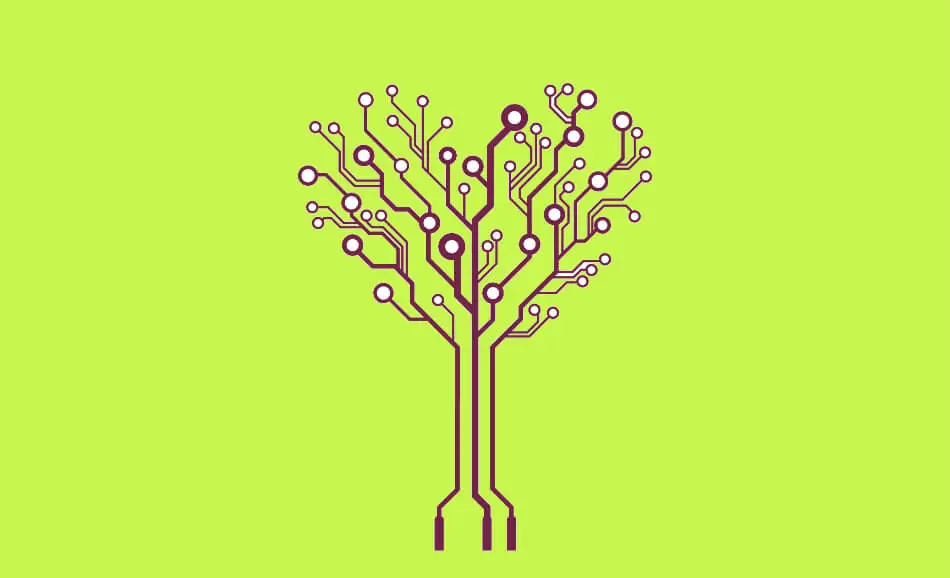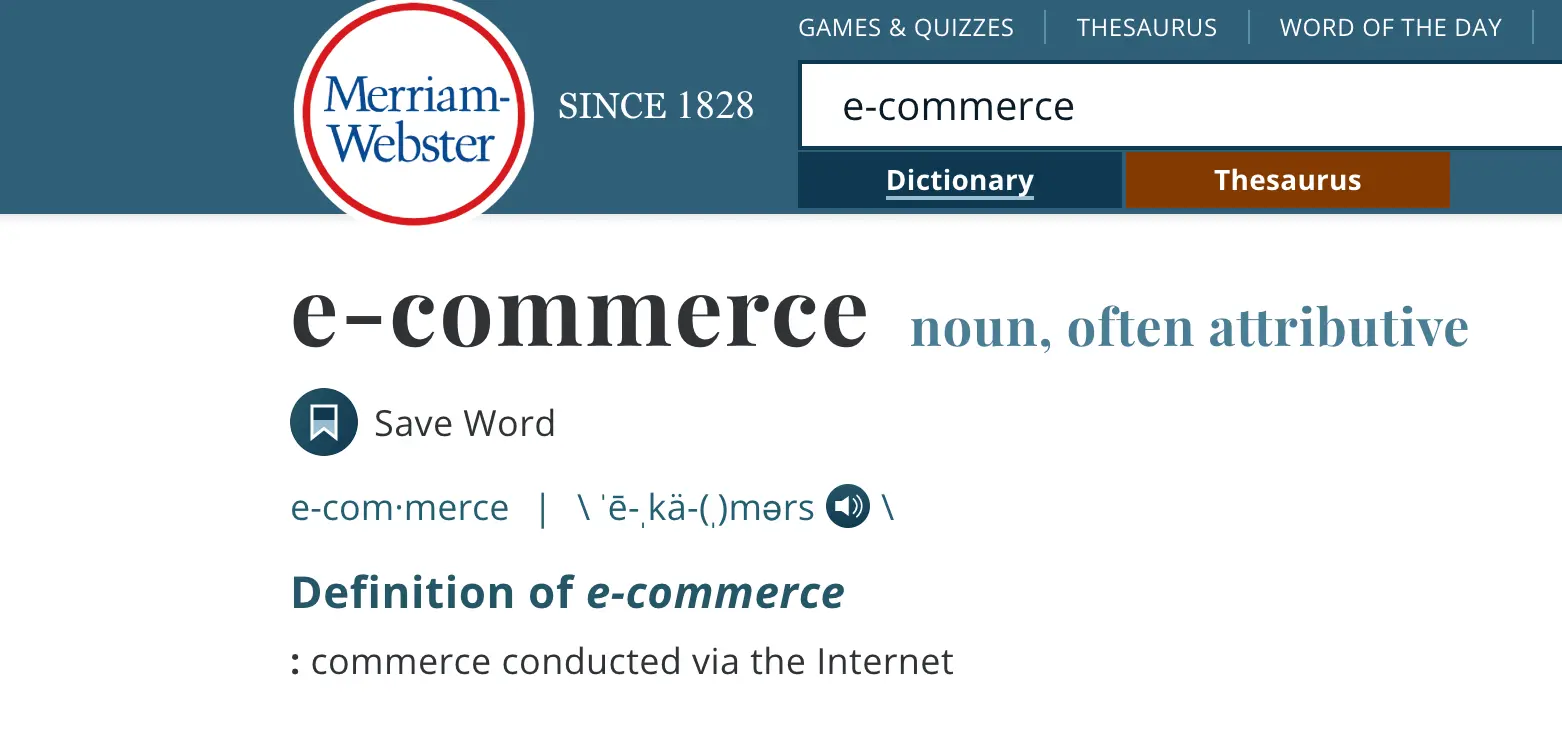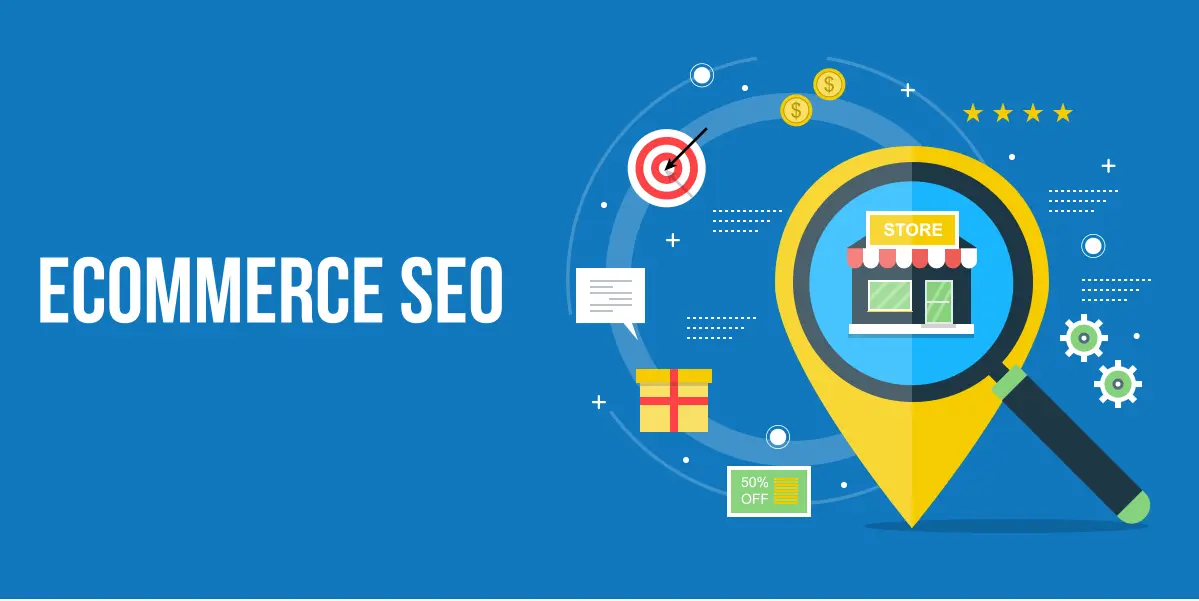In today's digital marketplace, language evolution often
reflects technological advances and their integration into daily life.
A perfect example of this linguistic evolution is the debate over the correct spelling of “ecommerce.”
This isn't just a minor issue of semantics.
The choice of spelling for these terms can impact a range of factors,
from SEO tactics to a company's overall branding.
Here, we delve into the origins, variations,
and implications of the different spellings of 'ecommerce' versus 'e-commerce.'
The Roots Of The Debate

The term "ecommerce" originates from the phrase "electronic commerce,"
which simply refers to conducting business transactions over the internet.
As the practice became more commonplace, the term was shortened,
but no consensus was reached on the standard abbreviation.
However, this abbreviation did not settle into a single standardized spelling,
leading to a multitude of variations including "ecommerce," "e-commerce," "eCommerce," "Ecommerce," "E-Commerce," and "ECommerce."
The Hyphen: To Use Or Not To Use?

Using a hyphen in "e-commerce" reflects a broader linguistic convention in English,
where emerging terms often incorporate a hyphen to denote their composite nature.
This trend is observable in terms such as "e-mail" (electronic mail) and "e-book" (electronic book).
These terms initially adopt the hyphen to clarify the derivation and ease the reader's understanding.
However, as society becomes more familiar with these technologies
and their terminologies, the hyphen often becomes superfluous
and is dropped, transitioning "e-mail" to the more streamlined "email."
Dictionaries and Style Guides:
When it comes to the hyphenated form "e-commerce," support from leading dictionaries is strong and consistent:
-
Merriam-Webster, Oxford, and Cambridge Dictionaries: They endorse using the hyphen in their official entries.
They argue that it enhances clarity and helps maintain consistency with established grammatical conventions.
These respected dictionaries emphasize that the hyphen
helps clarify that "e" stands for "electronic," making the term immediately understandable to the reader.
In addition to dictionaries, major style guides also weigh in on this matter with similar recommendations:
-
The Associated Press Stylebook (AP Style): It specifically instructs the use of "e-commerce"
with a hyphen for general terms like this,
emphasizing that this form helps maintain clarity in journalistic writing.
The AP Style is known for its influence on news writing and media publications,
where clear and concise communication is critical.
-
The Chicago Manual of Style: It also recommends using a hyphenated "e-commerce."
This guide is extensively used in academic and professional publishing
and is revered for its comprehensive coverage of editorial standards.
It supports using a hyphen to ensure that readers do not misinterpret
the abbreviated form, preserving the integrity of the written text.
By advocating for the hyphen, these style guides and dictionaries standardize
the term and provide a buffer that aids in recognizing and processing "e-commerce" as "electronic commerce."
The Public's Preference And SEO Considerations

While established dictionaries and style guides favor the hyphenated "e-commerce,"
the tide of public opinion and digital usage leans increasingly towards the simpler, unhyphenated "ecommerce."
Google Trends data, which analyzes the popularity of search queries
across Google Search over the past two decades, reveals a marked preference for "ecommerce."
This trend underscores a broader movement towards streamlined, less formal online communication.
Analyzing Google Ngram and Trends Data

The divergence between Google Ngram and Trends data highlights a fascinating split between the formal,
published language and the dynamic, often more pragmatic language used online.
Understanding this split is crucial for digital marketers and content creators.
Google Ngram Viewer:
It tracks word usage across many books published over centuries.
Historically, "e-commerce" has shown dominance in printed sources,
reflecting adherence to traditional editorial standards.
The formal recommendations from linguistic authorities and style guides likely influence this preference.
Google Trends:
In contrast, it provides insights into current and evolving
usage patterns in real-time internet searches.
Here, "ecommerce" has seen a noticeable uptick, indicating its growing acceptance
among internet users and digital marketers.
This shift is significant for SEO strategies, as search engines recognize
different spellings as distinct keywords.
Opting for "ecommerce" could enhance SEO efforts, aligning content
with the more commonly searched term and potentially improving search engine rankings and visibility.
Industry Practice: Varied Spellings Across Platforms

In the digital realm, the spelling of "ecommerce" versus "e-commerce"
varies widely among key industry players, reflecting differing branding
strategies and perhaps considerations for search engine optimization (SEO).
-
Shopify and BigCommerce: These major ecommerce platforms have standardized
on using "ecommerce" without the hyphen.
This choice may reflect a preference for a more modern, streamlined term that resonates with a tech-savvy audience.
-
WordPress: Interestingly, WordPress opts for "eCommerce," capitalizing the second 'e'
when the term is used within a sentence.
This capitalization could emphasize the term's "Commerce" part,
highlighting the commercial aspect of the platform’s capabilities.
-
Google: Its usage varies, switching between "e-commerce" in its Google Ads
Help section and "e-commerce" in its resources for small businesses.
This variation might be strategic, allowing Google
to capture search traffic for both spellings or reflecting different
editorial decisions within various company departments.
Practical Implications for Businesses
For businesses, choosing between "ecommerce" and "e-commerce" should consider branding and SEO.
If SEO research shows one spelling is more commonly searched,
it may be advantageous to adopt that form.
However, consistency across all marketing and communication materials
is critical to maintaining a professional appearance and enhancing SEO through uniform keyword usage.
The Future of Ecommerce Spelling
As digital commerce continues to evolve, so will the language we use to describe it.
The trend towards dropping hyphens in compound words suggests that "ecommerce"
may eventually become the standard, just as "email" has.
However, for now, businesses should choose the form that best fits
their needs and audience preferences while keeping an eye on evolving trends in language and SEO.
Wrap Up:
The "ecommerce" vs. "e-commerce" debate is more than a stylistic choice;
it involves understanding trends in language, technology, and search behavior.
While current authoritative sources favor "e-commerce," the rising popularity
of "ecommerce" in digital communication and search queries points to a potential shift in the future.
Companies must carefully select their spelling to enhance their online visibility,
embody their brand image, and align with their audience's expectations.
While seemingly minor, this decision is crucial in aligning with contemporary
digital practices and enhancing online visibility.
So in the Ecommerce" vs. E-commerce debate... what would you use?







